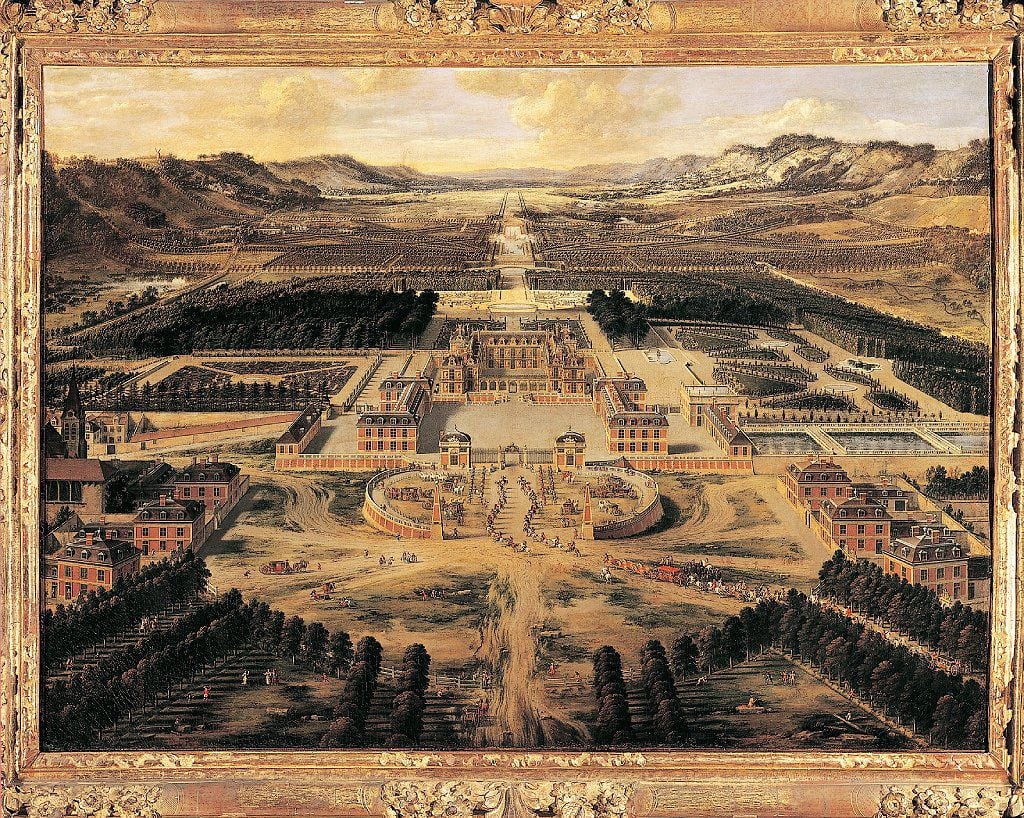Amid high expectations, the president-elect of Chile, Gabriel Boric, presented this morning to his ministerial cabinet.
LOOK: Gabriel Boric presents a mostly female cabinet with wide political diversity
His government team will be marked by a strong presence of women, of independents and also for a breadth of their political support, with the incorporation of traditional left-wing parties.
- New cases of coronavirus soar in Chile with a record number of 12,500 infections
- Chilean anti-vaccine deputy becomes infected with coronavirus and causes mass quarantine of congressmen
- They find a Peruvian dead at a border crossing between Chile and Bolivia
“We promised to make a citizen government, with open doors, close and always on the side of the people”, said Boric at the presentation, held at the Quinta Normal park, in the city of Santiago.
LOOK: Chile: Boric Appoints Former Central Bank President Mario Marcel as Future Minister of Finance
The next president also affirmed that those who will make up his cabinet are “prepared people” Y “committed to the change agenda” that seeks to promote.
“I ask my ministers to listen twice as much as they speak”, he added.
Next, in BBC Mundo we present you 4 keys about the appointment of the team of the next president of Chile.
LOOK: Looking for a house for Gabriel Boric, the first president of Chile without his own home: what is at stake for the president?
1. Strong presence of women
Although the president-elect had already announced that his government would be equal, it was surprising that 14 ministries (out of a total of 24) will be headed by women.
One of the most symbolic names is that of Iskia Siches, who will be the first woman to hold the position of Minister of the Interior in the history of Chile.
Siches was the president-elect’s campaign manager. The 35-year-old doctor gained prominence during the pandemic, when she was in charge of the Medical College, an important Chilean union organization.
She is considered a key player in Boric’s triumph, with whom she is also very close personally.
“Iskia showed great political skills during the campaign, but he is also deeply trusted by Boric. He has known her for many years and is someone with whom he has a close relationship.”, Javier Sajuria, a political scientist and academic at Queen Mary University of London, explains to BBC Mundo.
The Ministry of Foreign Affairs will also be occupied by a woman, Antonia Urrejola, who was president of the Inter-American Commission on Human Rights (IACHR) in 2021.
She is the second woman to occupy the Chilean Foreign Ministry.
2. Signal of “calm” to businessmen
It is certainly a sign of calm for Chilean businessmen.
The signing of Mario Marcel in Finance is, for many investors, a guarantee of fiscal responsibility and good governance.

The current president of the Central Bank of Chile is one of the country’s most respected economists and it enjoys fairly transversal support, despite the fact that it has been criticized by the hardest left on some occasions.
“It is a sign of calm, he is someone from the left but who has proven to be faithful to traditional economic consensus. It gives peace of mind to Chilean businessmen and everyone. He is a responsible guy, who has made his reputation on that side”, explica Sajuria.
3. Incorporation of traditional parties
Another of the surprises of this new cabinet is the incorporation of members from traditional parties of the Chilean left and who were part of the so-called Concertación, which governed the country at different times during the last 30 years.
The president-elect’s decision to add them to his administration is due to the need to secure parliamentary majorities that allow him to advance in his government program.
And it is that his coalition, called I approve Dignity, only has 37 deputies (out of a total of 155) and 5 senators (out of a total of 43).
Thus, Boric chose to reconfigure the coalition that will support his government and broaden his base of political and social support, incorporating three ministers from the Socialist Party (PS), and a representative from the PPD, the PR and the PL.

“There was much speculation about the supremacy that the Communist Party (PC) was going to have and in the end it ended up being a very broad cabinet in political terms and that reflects the Boric of the second round, not the one of the first round”, Dice Sajuria.
“The elected president realized that he does not have majorities to govern”, he adds.
4. Independents and diversity
The president-elect also opted to integrate seven independent people to his cabinet.
Marcela Ríos, sociologist and former assistant representative of the United Nations Development Program (UNDP), is an example of that. The academic will be the next Minister of Justice.
In addition, it is a diverse cabinet, with people who belong to different Chilean social spheres.
For example, the next Minister of Education, Mario Avila, is a teacher who comes from public education, specifically from the commune of San Miguel, with high levels of poverty.
“The message is an acknowledgment that political balances have changed, that political parties are not the only space from which to operate”, Dice Sajuria.
The complete cabinet of Gabriel Boric:
- Izkia Siches, Ministry of the Interior and Public Security.
- Giorgio Jackson, Ministry General Secretariat of the Presidency.
- Camila Vallejo, Ministry General Secretariat of Government.
- Mario Marcel, Ministry of Finance.
- Jeanette Vega, Ministry of Social Development.
- Mario Ávila, Ministry of Education.
- Antonia Orellana, Ministry of Women and Gender Equity.
- Nicolás Grau, Ministry of Economy, Development and Tourism.
- Maya Fernández Allende, Ministry of National Defense.
- Marcela Ríos, Ministry of Justice and Human Rights.
- Jeanette Jara, Ministry of Labor and Social Welfare.
- Juan Carlos García, Ministry of Public Works.
- Antonia Urrejola, Ministry of Foreign Affairs.
- Begoña Yarza, Ministry of Health.
- Carlos Montes, Ministry of Housing and Urbanism.
- Esteban Valenzuela, Ministry of Agriculture.
- Marcela Hernando, Ministry of Mining.
- Juan Carlos Muñoz, Ministry of Transport and Telecommunications.
- Javiera Toro, Ministry of National Assets.
- Claudio Huepe, Ministry of Energy.
- Maisa Rojas, Ministry of the Environment.
- Julieta Brodsky, Ministry of Cultures, Arts and Heritage.
- Alexandra Benado, Ministry of Sport.
- Flavio Salazar, Ministry of Science, Technology, Knowledge and Innovation.
- Six of the ten best countries to live in after retirement are in Latin America: which are they and why?
- Queen Elizabeth withdraws Prince Andrew’s military titles and royal patronage over sex scandal
- “Omicron will infect everyone,” warns Dr. Anthony Fauci
- Valentina Boscardin died: the 18-year-old Brazilian model had tested positive for the coronavirus
- The world registers a new record of coronavirus infections: 3.4 million in one day

:quality(75)/cloudfront-us-east-1.images.arcpublishing.com/elcomercio/R3CC4ACD6ZAS3BYWUHGH5EG3KA.jpg)


:quality(75)/cloudfront-us-east-1.images.arcpublishing.com/elcomercio/GIYTANJNGEZC2MJQKQYDAORSGE.jpg)
:quality(75)/cloudfront-us-east-1.images.arcpublishing.com/elcomercio/527CU7W57JGXBBFW2KP2OXLAYU.jpg)

